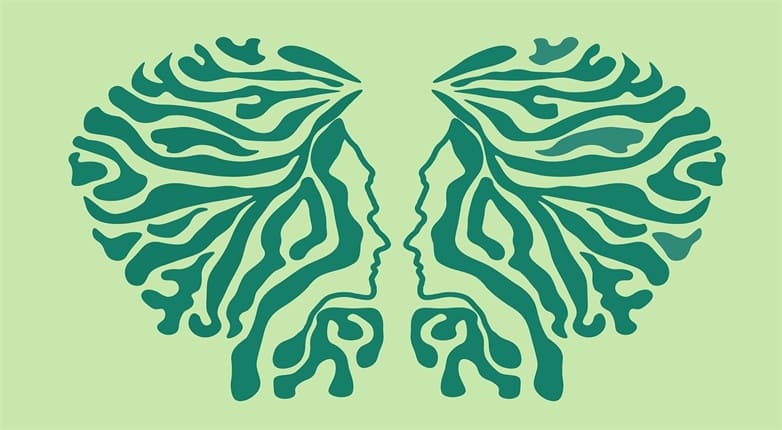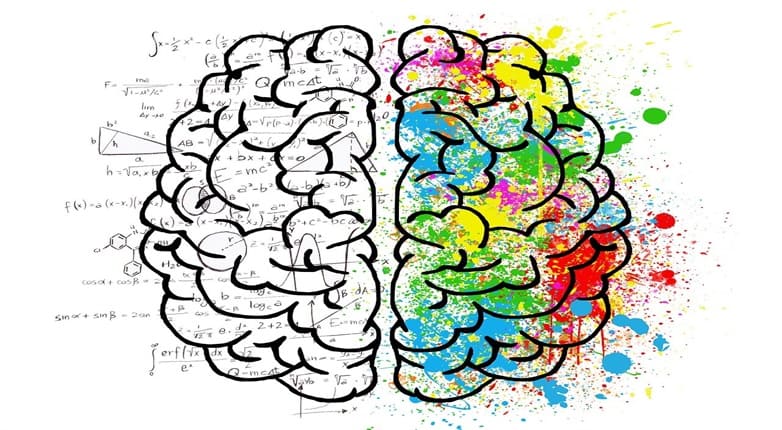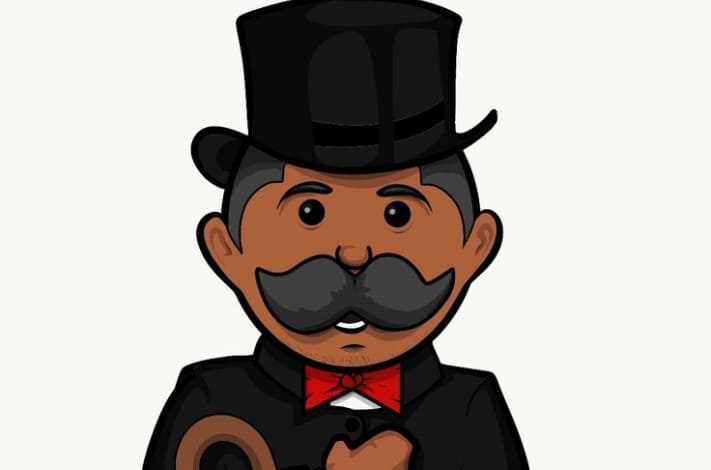What’s your favorite board game from childhood? Many people say “Monopoly.” Even if that one is not one of your top games, you’ve probably played it several times, right?
If so, think about the stout, top-hatted character, Rich Uncle Pennybags, who appears on the board game’s box cover. He wears a monocle, doesn’t he?
He most certainly does not. The Monopoly guy, monocle nowhere in sight, wears his top hat and clutches a bag of dough. So why do so many people have crystal-clear memories of him wearing a monocle?
The Monopoly Man Monocle Phenomenon
The Monopoly guy monocle mystery gets even more interesting once you realize that this false perception is not just a fluke but part of a larger collection of influenced perception group-think events known as “the Mandela Effect.”
How so?
Unlike a cartoonish character with a certain style of eyewear (or not), Nelson Mandela was a very real civil rights activist who fought for the end of apartheid (an extreme form of segregation) in his native South Africa. As a result, he spent 27 years behind bars for his anti-apartheid efforts before eventually being freed and becoming the first Black candidate elected as South African president.
When Nelson Didn’t Die – the Birth of the Mandela Effect
Rather than President Mandela honorably leading his country and eventually succumbing in 2013 to a respiratory infection, huge groups of people have a collective – and false – memory of Mandela dying as a political prisoner while still confined within the South African jail’s walls.
This is too weird! How can these things happen?
As with other odd conspiracy theories that befuddle human brains, with the Mandela Effect, all roads lead to a scientific explanation that actually makes sense.
It has to do with the fallibility of memory, and what can influence false memories to form. For instance, our brains seek out patterns, in part because patterns help our brains sort and process all the information they take in at lightning speed.
Consider paper money, which is often collectively referred to as “dead presidents.” Of course, not all historical figures whose likenesses grace our banknotes are former United States presidents. Neither Benjamin Franklin (on the hundred) nor Alexander Hamilton (on the ten-spot) were ever elected POTUS, but were influential leaders just the same.
Because these two statuses are easily conflated, many barroom arguments arise over the job titles of the guys whose mugs appear on the bills in patrons’ wallets.
How the Monopoly monocle can play out
Around the same time that Rich Uncle Pennybags was making his advertorial debut, another iconic brand appeared for Planter’s Peanuts – the always debonair Mr. Peanut. He cuts a slim figure in his spats, walking stick, top hat, and you guessed it – a monocle!
What happened next was likely a confabulation wherein many people simply confused the two brand icons and attributed monocles to both.
But what about all the other incidents that have been thrust into the category labeled “The Mandela Effect?” Do those same circumstances hold forth? To a degree, often they do.
Let’s dive deeper.
Casablanca’s most misquoted line
Ah, the romance of Bogey and Bacall against the backdrop of Casablanca! Can’t you just hear the growl in his voice as he commands, “Play it again, Sam?”
Well, no, you can’t, as that line doesn’t appear anywhere in the movie. There are, however, two near misses. First, when Ilsa and her husband enter Rick’s Café Américain, she instructs the house pianist to, “Play it, Sam.” Then later, Bogart’s frustrated and angry character, Rick, issues the two-word directive, “Play it!” to Sam.
But that’s just a single word out of time and place. Quite different from remembering the funeral of a still-living man. How does that break down?
The Premise of a False Memory
To help the Monopoly Mandela effect make sense, you must first understand a few things about memory. Most people assume that, unless they were intentionally trying to tell a whopper, their memories of a conversation or event are what actually took place during that spate of time that went on to become a moment and then a memory.
But what these folks consider to be written in the mind in stone are actually malleable and subjective perceptions about an event rather than an objective review of the incident, e.g., watching a video sequence of events.
Law enforcement understands this all too well, as they can interview six eyewitnesses to an alleged crime committed in broad daylight and get six totally different descriptions of the way events unfolded.
Subtle Manipulations Alter Memories
How events are relayed can also affect the cumulative memory of a group of people. Two groups of observers watch a car wreck with the sound turned off. Later, one group hears a description stating that one car “smashed into” the other.
The second group watches the same soundless video and hears only the words about a car “hitting” or “bumping into” the other. Later, the first group is more likely to report there was broken glass at the scene of the accident than the latter group due to the language used to describe the crash scene.
These manipulations are often so subtle that the person with the memory is unable to distinguish that there was an attempt to manipulate their memories in either direction.
What About Parallel Universes?
If you are ready to climb aboard the Conspiracy Express, the Mandela Effect is as good a place to start as anywhere else. The suspension of disbelief required to go down this rabbit hole is considerable, however.
There is a theory that CERN’s Large Hadron Collider reportedly creates tears in the space-time continuum whenever it gets powered on. Allegedly, this action causes shifts in reality and the emergence of more examples of the Mandela Effect.
Those who study quantum physics delve into theories that multiple parallel universes can exist. They even construct mathematical models that in theory demonstrate how such advanced theoretical physics might exist and the real-life ramifications that would accompany those theories.
It is important to understand that even with the technological advances we have today, thus far, those theoretical explorations remain just that – unproven theories.
For now, the Mandela effect and the Monopoly man monocle are still interesting conversation starters for old-school gamers making their way around the board and collecting $200 when they pass “Go!”
We also had better save the great “Free Parking” debate and whether Monopoly players get to collect money there for another time as well!
